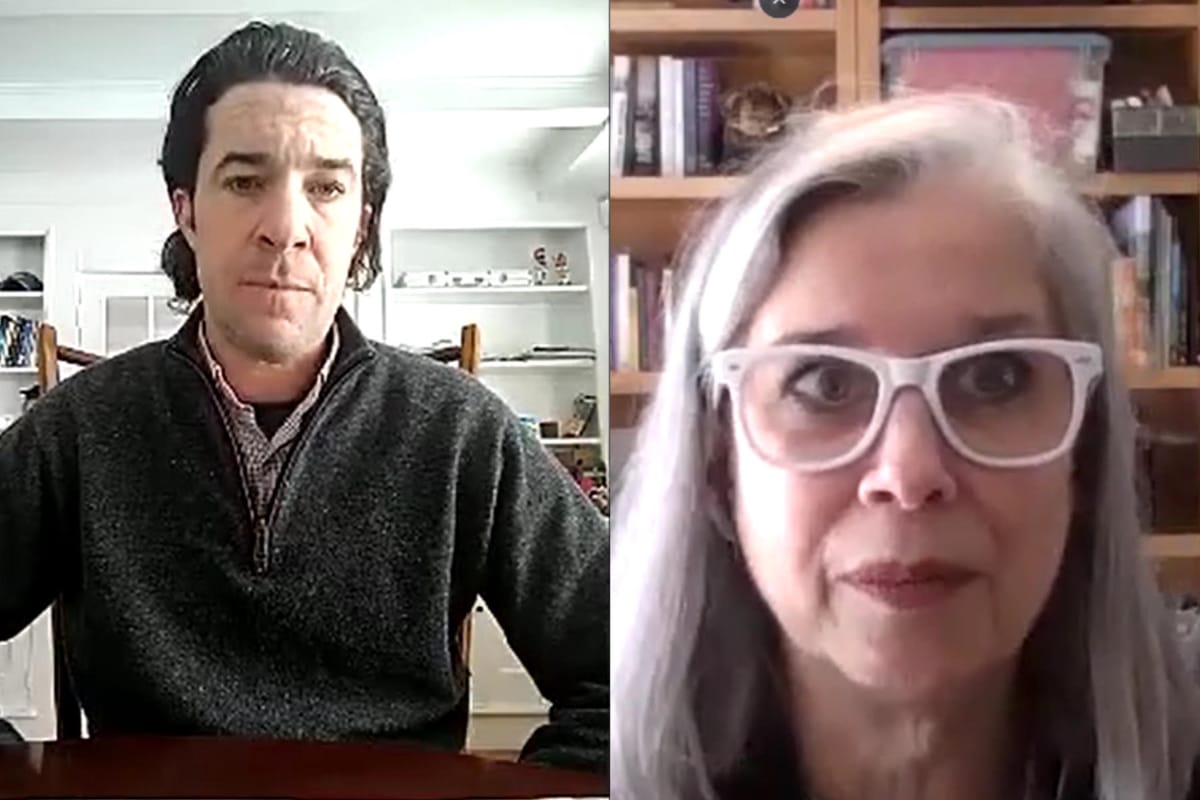Industry Experts Fight Over Whether Satellite Tech Should Monopolize 12 GigaHertz Band
March 8, 2021—Experts are divided about how the 12 GigaHertz (GHz) spectrum should be utilized in the wake of the historic C Band auction, which would primarily be used by satellite technologies. Representatives from some of the largest wireless providers quarreled in a lively exchange on March 4 as










Member discussion